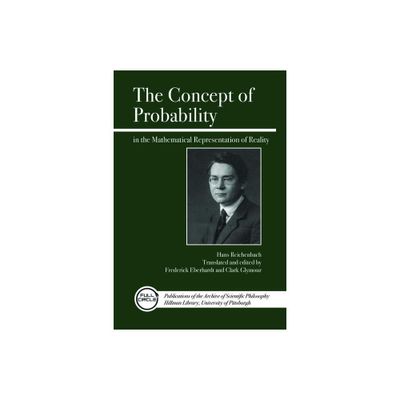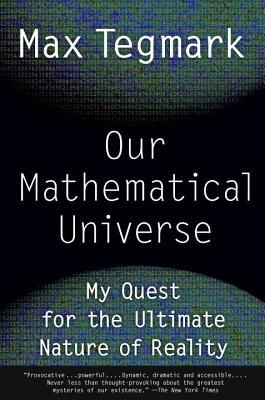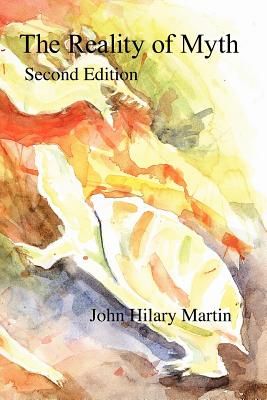Home
Mathematics and Reality
Loading Inventory...
Barnes and Noble
Mathematics and Reality
Current price: $125.00


Barnes and Noble
Mathematics and Reality
Current price: $125.00
Loading Inventory...
Size: OS
*Product Information may vary - to confirm product availability, pricing, and additional information please contact Barnes and Noble
Mary Leng offers a defense of mathematical fictionalism, according to which we have no reason to believe that there are any mathematical objects. Perhaps the most pressing challenge to mathematical fictionalism is the
indispensability argument
for the truth of our mathematical theories (and therefore for the existence of the mathematical objects posited by those theories). According to this argument, if we have reason to believe anything, we have reason to believe that the claims of our best empirical theories are (at least approximately) true. But since claims whose truth would require the existence of mathematical objects are indispensable in formulating our best empirical theories, it follows that we have good reason to believe in the mathematical objects posited by those mathematical theories used in empirical science, and therefore to believe that the mathematical theories utilized in empirical science are true. Previous responses to the indispensability argument have focussed on arguing that mathematical assumptions can be dispensed with in formulating our empirical theories. Leng, by contrast, offers an account of the role of mathematics in empirical science according to which the successful use of mathematics in formulating our empirical theories need not rely on the truth of the mathematics utilized.
indispensability argument
for the truth of our mathematical theories (and therefore for the existence of the mathematical objects posited by those theories). According to this argument, if we have reason to believe anything, we have reason to believe that the claims of our best empirical theories are (at least approximately) true. But since claims whose truth would require the existence of mathematical objects are indispensable in formulating our best empirical theories, it follows that we have good reason to believe in the mathematical objects posited by those mathematical theories used in empirical science, and therefore to believe that the mathematical theories utilized in empirical science are true. Previous responses to the indispensability argument have focussed on arguing that mathematical assumptions can be dispensed with in formulating our empirical theories. Leng, by contrast, offers an account of the role of mathematics in empirical science according to which the successful use of mathematics in formulating our empirical theories need not rely on the truth of the mathematics utilized.


















